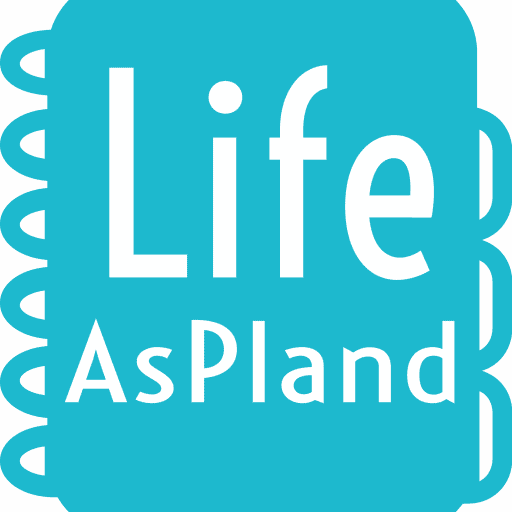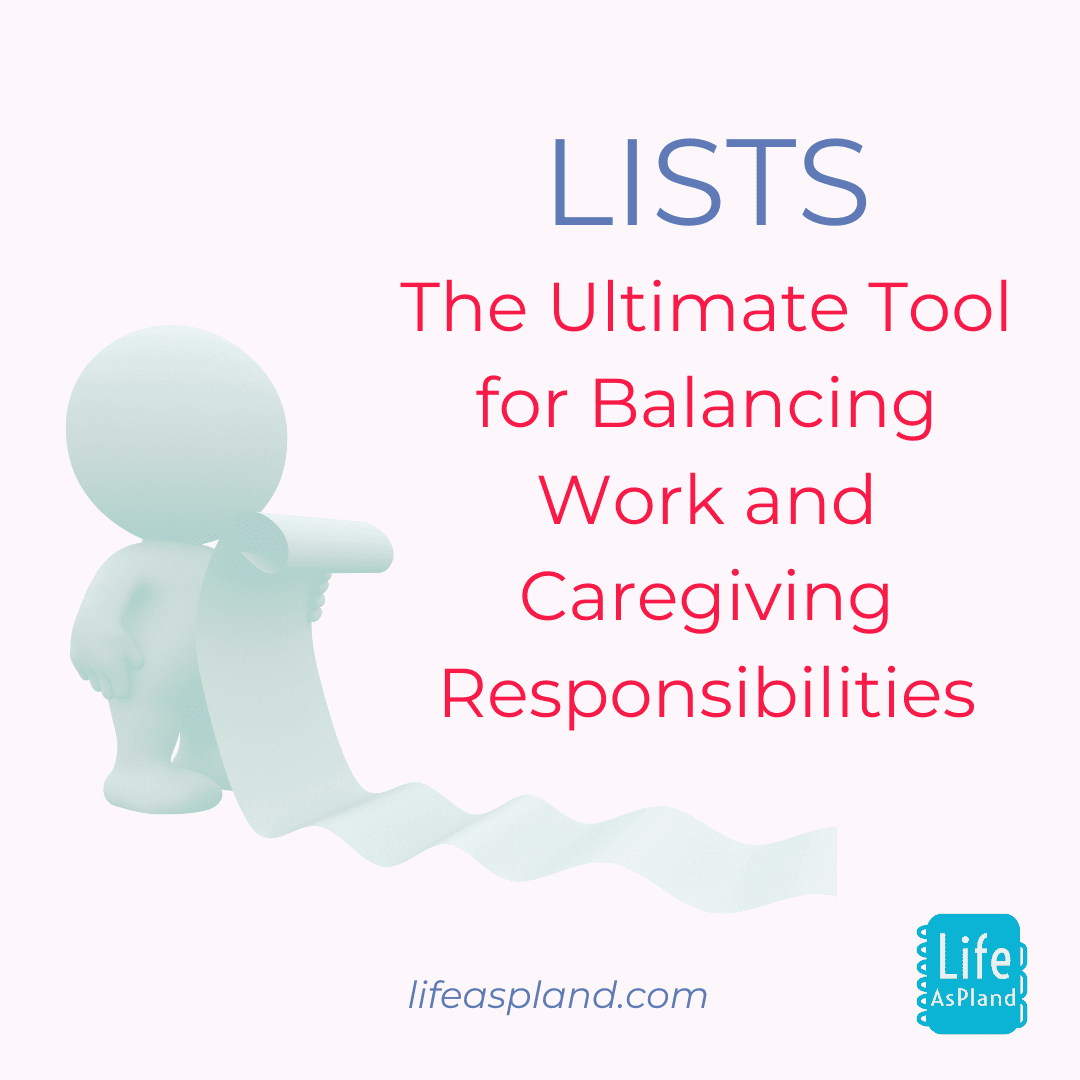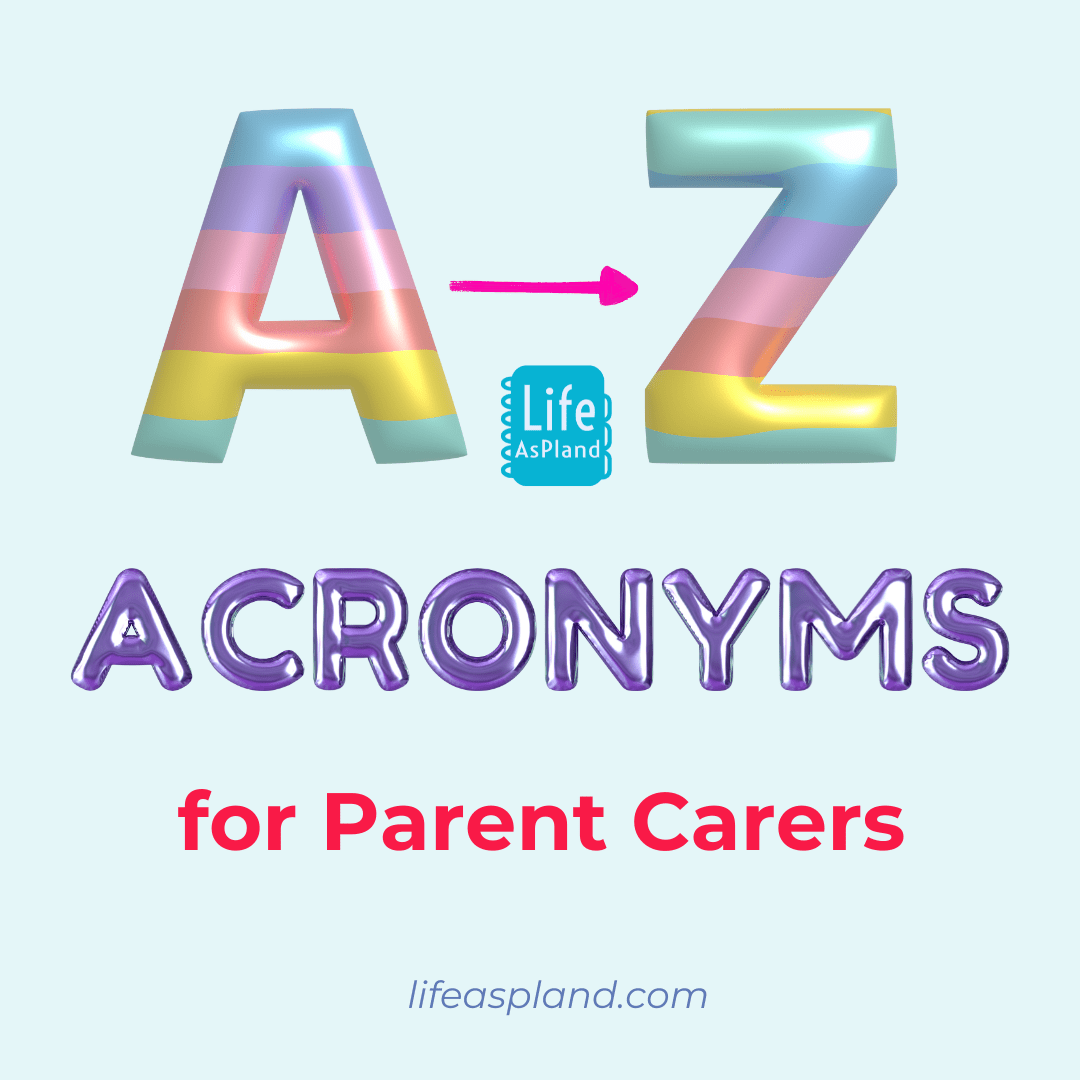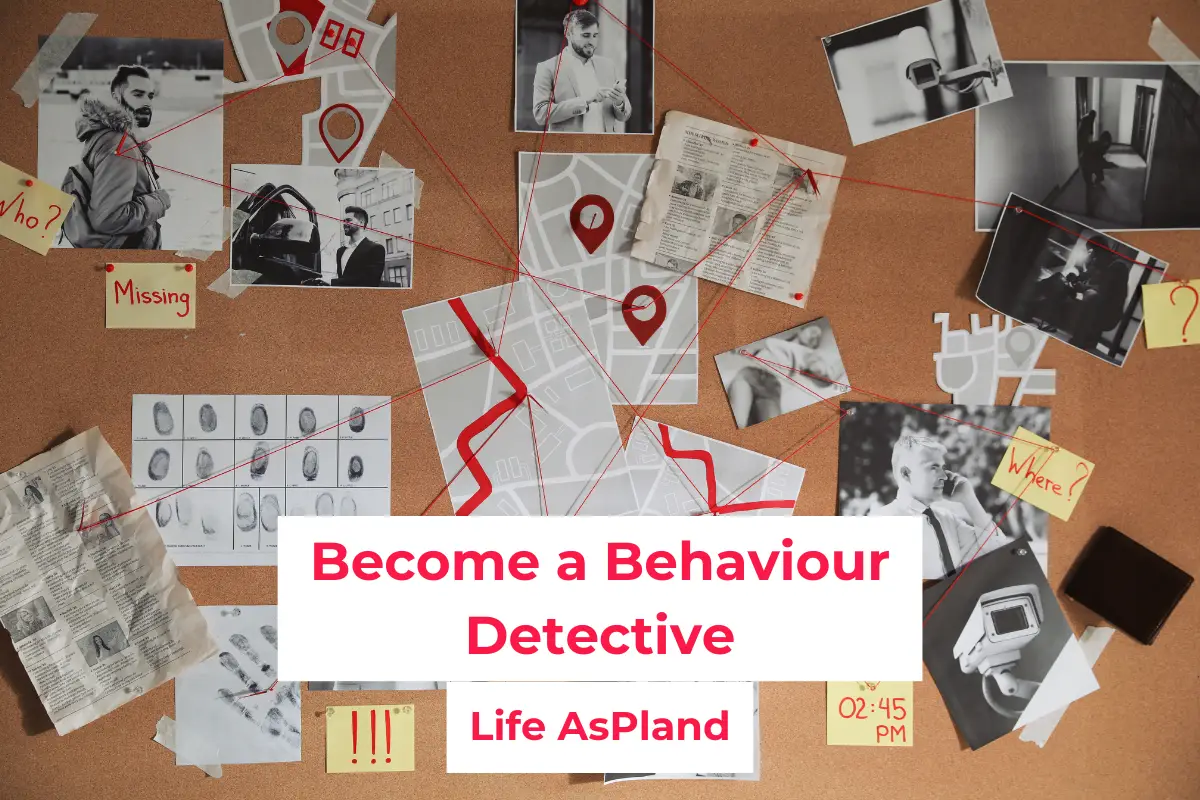 Why is it that when you have read everything you can about your children’s known conditions, another one pops up to knock the wind out of your sails?
Why is it that when you have read everything you can about your children’s known conditions, another one pops up to knock the wind out of your sails?
Why is it that your children’s conditions cause such mayhem and turn your life upside down in a way no one can understand unless they’ve been there?
Why is it that people think it’s ok to judge your children and you without asking one question?
Why is it that everyone has sympathy for the child with no vision but no sympathy for the child with autism?
Why is it that you find yourself apologising to “friends” for having a moan?
Why is it that you feel guilty that your “mainstream” child doesn’t get enough attention?
Why is it that you know more about your child’s condition than most doctors?
Why is it that you struggle to cope with the extra demands with little, if any, sleep?
Why is it that you struggle to cope with little, if any, help?
Why is it that we get to choose from 30 special schools in a county rather than 30 mainstream schools in a town?
Why is it that when you think your “mainstream” friend “get’s it”, they suddenly say something which makes you realise they absolutely don’t?
Why is it that our children are at a higher risk of abuse but no one teaches them what is acceptable or not?
Why is it that our children are not credible witnesses when they say “an adult hurt me”?
Why is it we have to beg and plead to get the help our children need?
Why is it that we have to act grateful for every little thing, things our mainstream friends take for granted?
Why is it that we do this with little, if any, financial reward?
Why is it we can’t attend mainstream venues without ringing ahead to check how busy it is, or does it have wheelchair access or are there Braille signs?
Why is it that we usually find the information we actually need when it is too late to be of any use?
Why is it that if we speak up, we have to worry about the consequences for our children?
Why is it that when we do speak up, we are seen to be “neurotic”?
Why is it that when some parents raise concerns about their child’s development, practitioners respond by raising concerns of “Munchausen by Proxy”
Why is it that when parents and families are consulted, nothing actually changes?
Why is it that so many charities exist to help families but some don’t help at all?
Why is it that children and young people die in care but nothing changes?
Why is it that communication about any important changes is so poor?
Why is that our children are seen as a label/diagnosis rather than being an individual?
Why?
This list could go on for eternity or so it feels as I am typing it. So, let’s change and let me ask you another question.
How can we improve this?
I would love to hear how you think we can improve things, all suggestions welcome.





